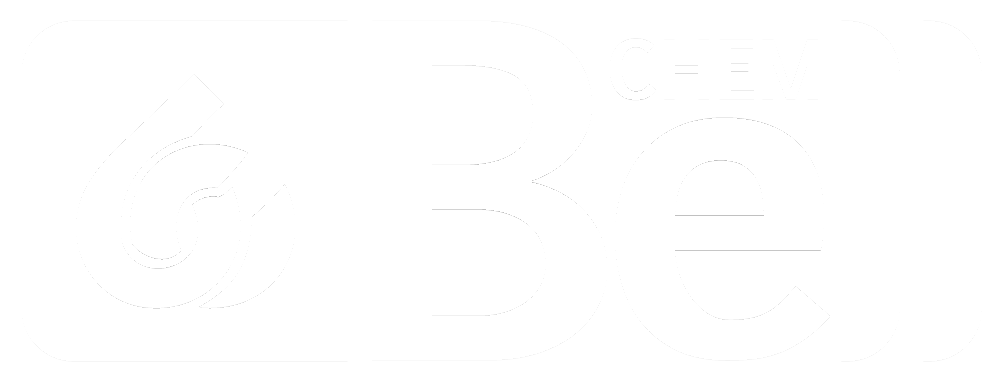Chemicals for pH Balancing and Cleaning Pools
Summer is right around the corner, which means it is time to step up pool maintenance to ensure a safe, clean environment for the ultimate summer fun. You want to be the company people call when they need pool cleaning services, so you’ll want to make sure you’re using all the right chemicals. Industrial chemical supplier Bell Chem’s extended range of chemicals and advice will elevate your pool company above the rest.
Sanitizers
Every pool needs to be sanitized to keep swimmers safe. Most community pools and major pool companies rely on chlorine as their main sanitizing agent. Here are a few examples of commonly used chemicals for pool maintenance:
Chlorine is inexpensive and works quickly to oxidize bacteria, algae, and other microorganisms. A similar product is calcium carbonate, which is more commonly known as unstabilized chlorine or shock.
Shock works quite quickly (hence the name) but breaks down rapidly in sunlight. It is recommended to add shock at night for beautiful morning results. The up-and-coming challenger to chlorine is bromine.
Bromine remains active longer than chlorine, but is generally more expensive at the outset. Bromine is also kinder to skin and hair, which pool patrons truly enjoy. Bromine also works well under varied temperature differences, making them ideal for spas and heated pools.
Alkalinity Controllers and pH Balancers
A crystal clear pool with the proper amount of sanitizer won’t stay clear without ensuring the pH levels are balanced. To that end, baking soda and soda ash are effective at balancing acidic pH levels, while muriatic acid corrects alkaline water. An alkalinity increaser should be the first line of defense for adjusting the pH; baking soda can actually increase pool alkalinity!
Flocculants and Sequestrants
Even the best efforts cannot stop nature from dropping unwanted debris into a pool. From lizards to leaves, plants and animals drag bacteria and other unwanted waste into pools. An abundance of debris, excess chemicals, metals, floating algae lifted from the bottom, or other small amounts of matter lead to cloudy water. In some instances, the water may be healthy, just unsightly.
To remove minute floating matter, use flocculants and sequestrants. Flocculants chemically bind small pieces of material, which causes them to sink to the bottom of the pool because of their added bulk. Sequestrants focus on binding metals, such as excess calcium or metal present in hard water. Both processes take at least a day to bind and sink. Afterward, clean-up consists of a thorough vacuuming. If your filter is up to the challenge, filter the debris through. It may be wiser to vacuum the flocculant directly to an external drain.
Water Clarifiers
Much like flocculants and sequestrants, water clarifiers address cloudy water. Clarifiers are short-term fixes for immediate gratification, only lasting a day or so under ideal conditions. To completely eradicate the undesirable floating matter, use a flocculant or sequestrant.
Bell Chem is your industrial chemical supplier based in Longwood, FL (just north of Orlando) with hundreds of products stocked in their 50,000+ square-foot warehouse, including CSANTM sanitation products and chemicals to treat pools. You can expect the highest quality products, expedited shipping options for maximum efficiency, and unrivaled personalized customer service. Let our knowledgeable and friendly customer service representatives and accounting staff personalize all your needs by either calling 407-339-BELL (2355) or by sending us an online message.
